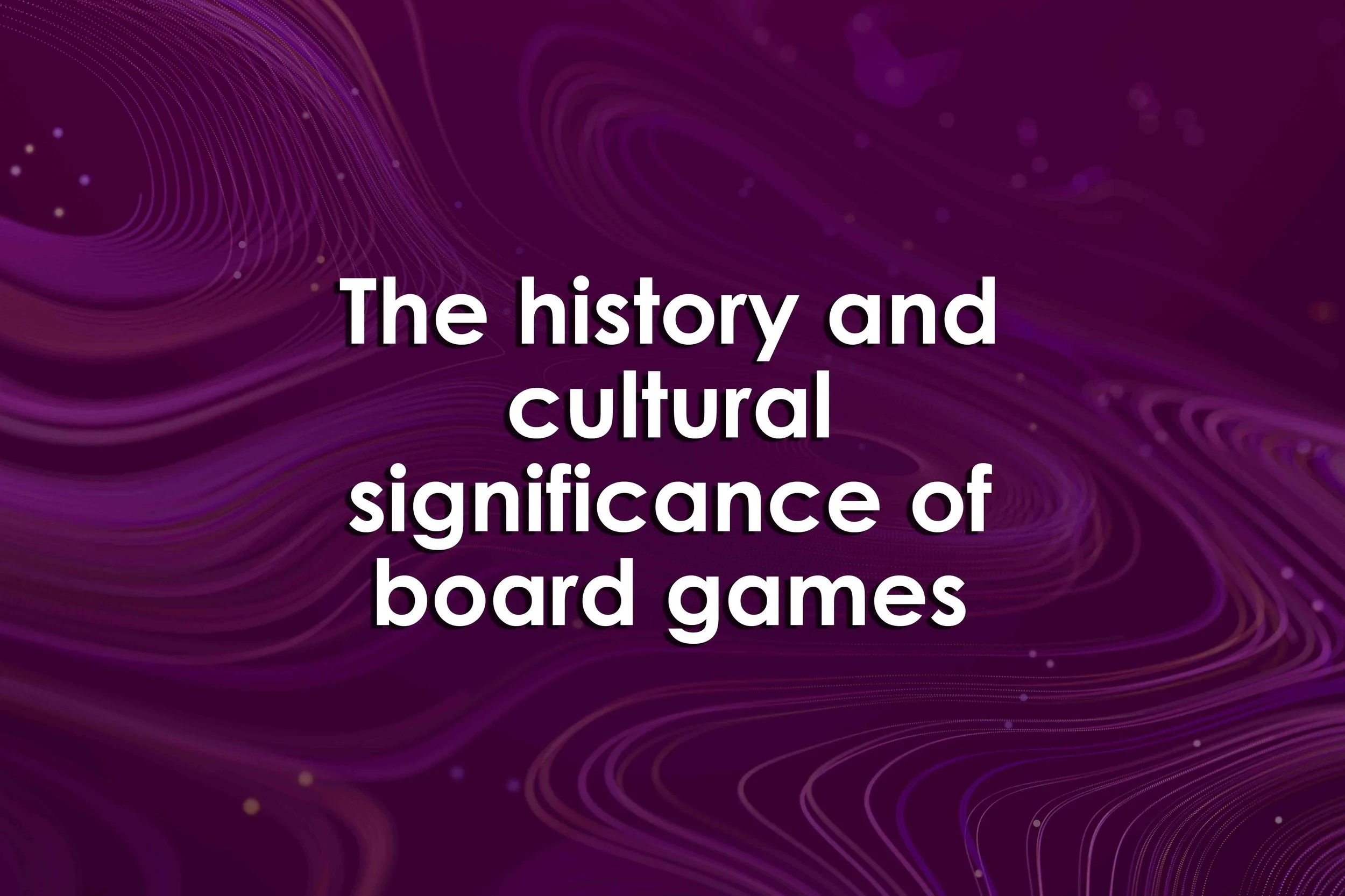The history and cultural significance of board games
The history and cultural significance of board games
The history and cultural significance of board games
Matt Thrower
November, 4, 2024
Summary
Play is a fundamental activity seen in both humans and animals, with evidence of structured games dating back thousands of years. Early games, like the Mancala-like game found on 11,000-year-old limestone, often had ritualistic or divinatory purposes. As civilizations emerged, games like the Royal Game of Ur and Senet were played. Over time, games shifted from ritual to pure enjoyment, with many ancient games, such as Go, Backgammon, and Chess, still being played today. The rise of mass manufacturing in the 18th century led to more complex games, including Monopoly and simulation-based games, which have continued to evolve and shape modern gaming.
Reference
Thrower, M. (2024, November 4). The history and cultural significance of board games. GamesRadar. https://www.gamesradar.com/tabletop-gaming/the-history-and-cultural-significance-of-board-games/


